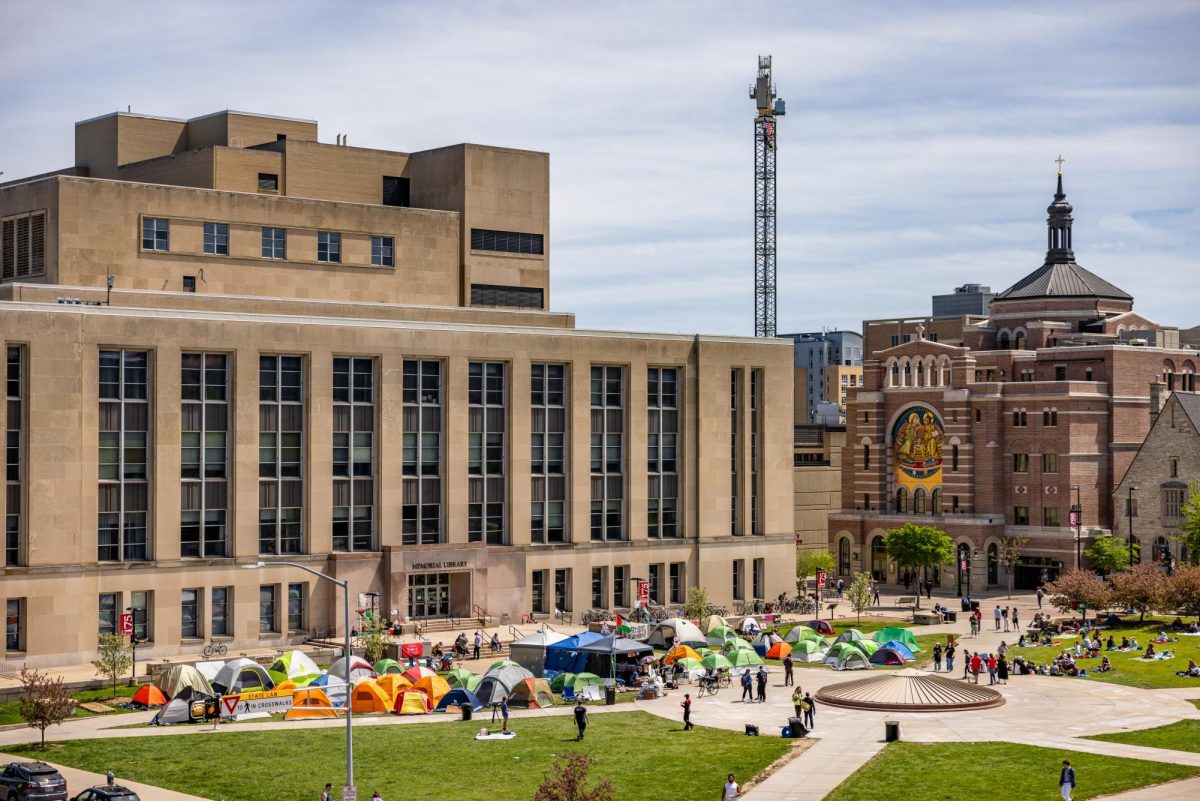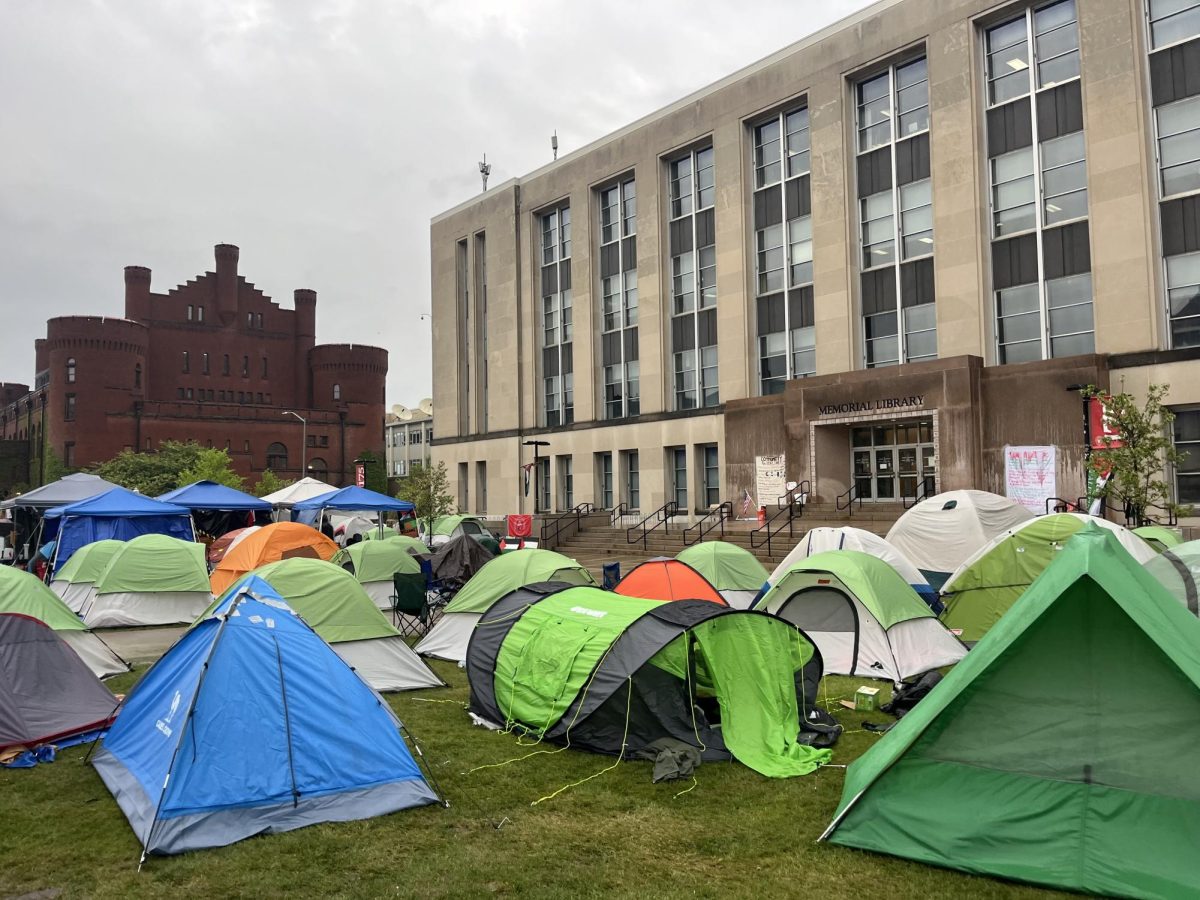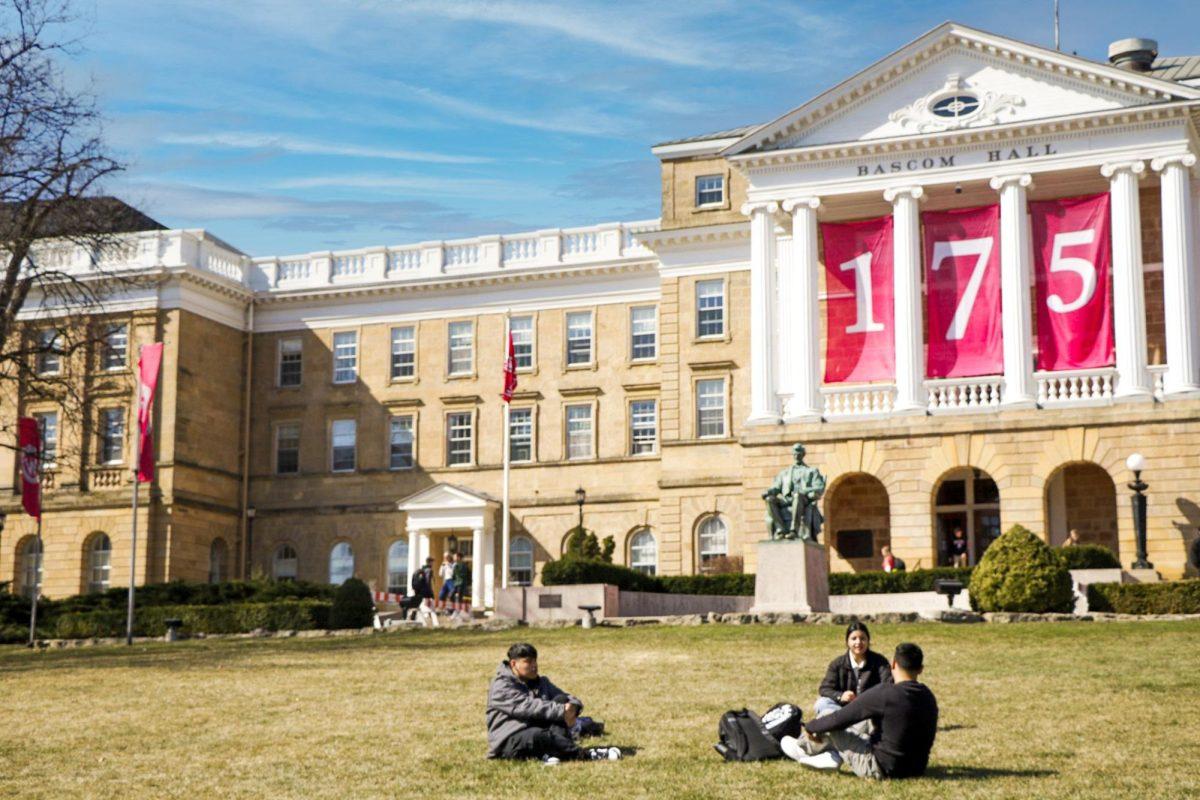Mayor Paul Soglin offered a new employment plan Monday to address the poverty gap in Madison by creating 1,500 jobs, as recommended by the “Race to Equity Project,” a project from the Wisconsin Council on Families and Children.
Soglin presented a report he compiled with other city officials, local private companies and non-profit organizations which outlined the various employment initiatives the city plans to implement to create these jobs, in a press conference Monday.
“When we talk employment, we are not talking just employment,” Soglin said. “There are the five key challenge areas: transportation, quality child care, health care, housing and then the job training and education component. So there is a role for everyone and we want alignment … we will not be doing anyone any favors if we fail to address these other critical areas.”
Katie Crawley, spokesperson for the mayor’s office, said Soglin has been working with multiple economic development agencies as well as various city staff to compile the data and evaluate possible options to create jobs.
According to the report, a third of those living under the poverty line in Madison are children. The report also said 38.7 percent are African American. “The Race to Equity Project” also addressed racial disparities in Dane county. Soglin said the project was an influence in the city’s new employment plans.
However, Crawley said the new initiatives are not based solely on race, but poverty in general.
“I don’t think that the mayor really focused on color,” Crawley said. “I think that he is really focused on economic disparity and the two are often tied … the whole issue of equity of course deals with race, but it deals with more than that.”
The report focuses on three areas for job creation: internships and summer jobs for Madison youth, construction employment growth and additional adult employment.
Internships
Jennifer Cheatham, superintendent for Madison Metropolitan School district, said in the press conference creating opportunities for students to have focused internships or jobs is in “complete alignment” with the school’s plan to address the poverty gap. She said the schools are looking at additional coursework that is more consistent with real-world job experiences.
Crawley also said the internships will benefit students when they graduate.
“It’s trying to work with high school kids during the summer so that students who want summer jobs have summer jobs,” Crawley said. “And if that can be an internship where they can be learning and developing skills at the same time, that will increase their opportunity to find a job.”
Construction
Soglin said construction is a business sector that is growing in Madison, so it is an important area to consider when looking at employment options.
The report said the city has developed plans with the South Central Workforce Development Board and the Wisconsin Regional Training Partnership to identify the needs of contractors and implement programs to connect them with potential employees.
The report also described the city’s Entry Level Construction Skills Training Program to prepare employees for jobs in the field.
Other Adult Employment Initiatives
The report said the city’s Community Development Division currently invests $442, 500 in employment programs designed to improve “economic stability” and address the poverty gap. There are 10 of these programs, the report said. They work to build basic employment skills and address language, race and gender barriers to employment, according to the report.
Though some questioned the possibility of creating the Race to Equity Project’s recommendation of 1,500 jobs, Soglin said this was an immediate goal that the city must pursue.
“When they said 1,500, we said ‘should we set a goal of 500 or 1,000?’” Soglin said. “After a short discussion, the conclusion was this: if we need 1,500, we create 1,500. If that is what is needed, that’s what we do.”

















